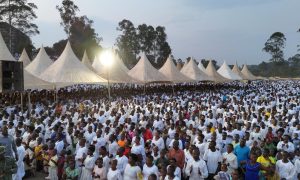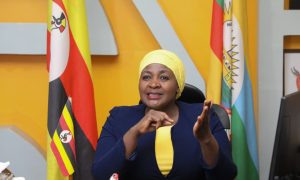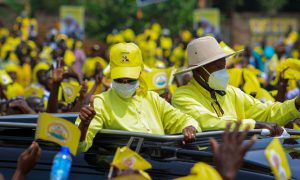Kampala, Uganda – Uganda Electricity Distribution Company Limited (UEDCL) has taken over the country’s electricity distribution network, bringing an end to Umeme’s 20-year concession. The move is seen as a significant shift in Uganda’s energy sector, raising both expectations and concerns about the future of electricity distribution in the country.
Paul Mwesigwa, UEDCL’s Managing Director, expressed confidence in the company’s ability to manage the transition effectively.
“We have been preparing for this transition, and we are ready to take on the challenge. As the concession owner, we have been closely monitoring Umeme’s performance over the years,” he said.
UEDCL now assumes responsibility for managing over 170,000 transformer zones and 34,000 kilometers of power lines, along with a workforce of nearly 3,000 employees. The company has been in Uganda’s electricity sector since 2001 but has remained largely in the background as Umeme took the lead in distribution.
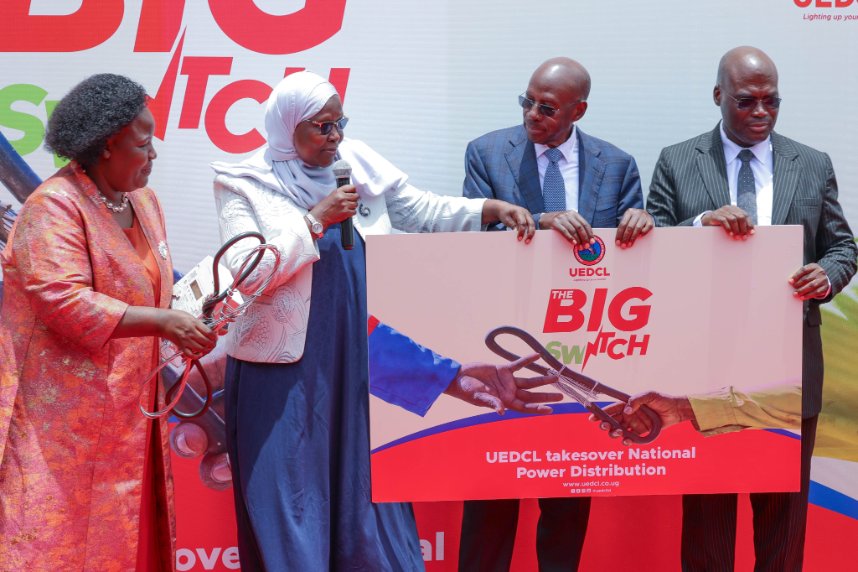
The government’s decision to transfer full control to UEDCL follows a directive from President Yoweri Museveni, who ruled that private distribution licenses should not be renewed.
“The decision for us to take over was based on our ability to demonstrate governance, efficiency, and financial sustainability,” Mwesigwa said.
Concerns remain about whether UEDCL can match the efficiency of Umeme, particularly in managing human resources. A former Umeme official, speaking anonymously, suggested that integrating the workforce could be one of the biggest challenges ahead. To support the transition, Umeme is required to assist UEDCL for six months, with additional oversight from World Bank experts.
Mwesigwa highlighted the company’s reliance on digital technology to manage operations. “Our first office outside Kampala is 120 kilometers away, but we can communicate and interact with the network using digital systems. This ensures that we provide stable and efficient electricity distribution,” he said.

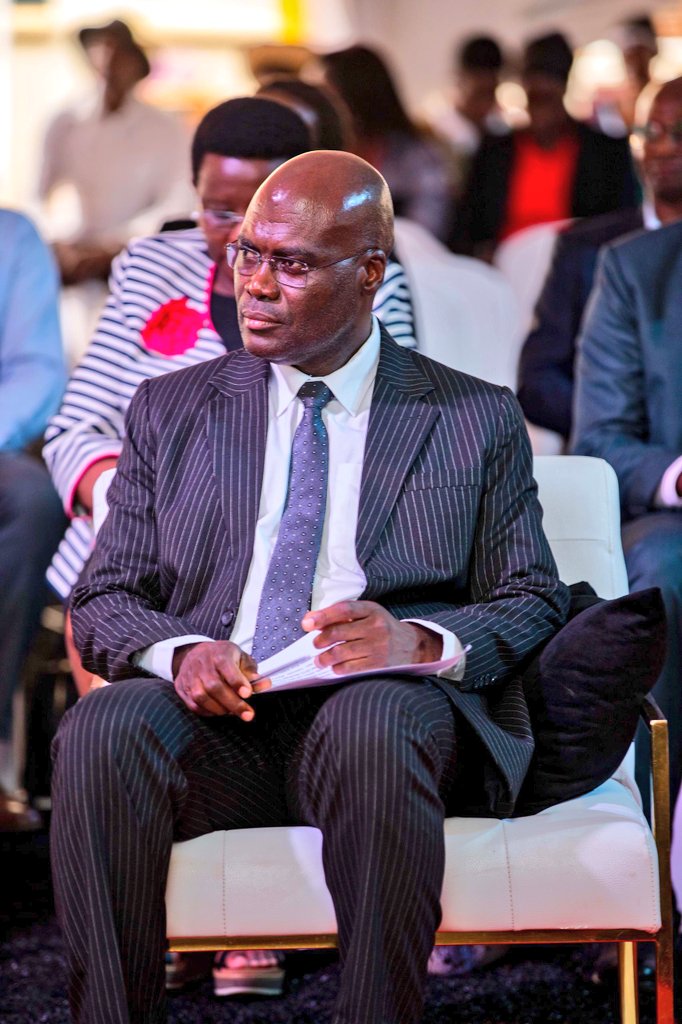
One of UEDCL’s key priorities is reducing energy losses, which currently stand at 14% in rural areas. Umeme faced similar challenges, having brought losses down to 16% before handing over operations. Mwesigwa acknowledged the challenge but stressed that reducing losses further would require new investments and strong regulatory oversight.
The financial aspect of the transition is also a major consideration. UEDCL has secured $74 million in loan financing and is inheriting a $700 million revenue business from Umeme. The company expects to sustain growth beyond 10% annually while ensuring the financial sustainability of the distribution network.
Revenue collection will be a critical factor in UEDCL’s operations, and Mwesigwa made it clear that customers must pay for their electricity.
“Our collection is 100%, no shortcuts. If we connect you to our network, you have to pay,” he stated. The majority of UEDCL’s customers are on prepaid systems, including medium-voltage manufacturers and government institutions.
Addressing pending electricity connections is another urgent task. Mwesigwa assured Ugandans that all outstanding connections inherited from Umeme would be completed within ten days. “Our warehouses are full, and we are ready to deploy. Within ten days, all pending connections should be completed,” he said.
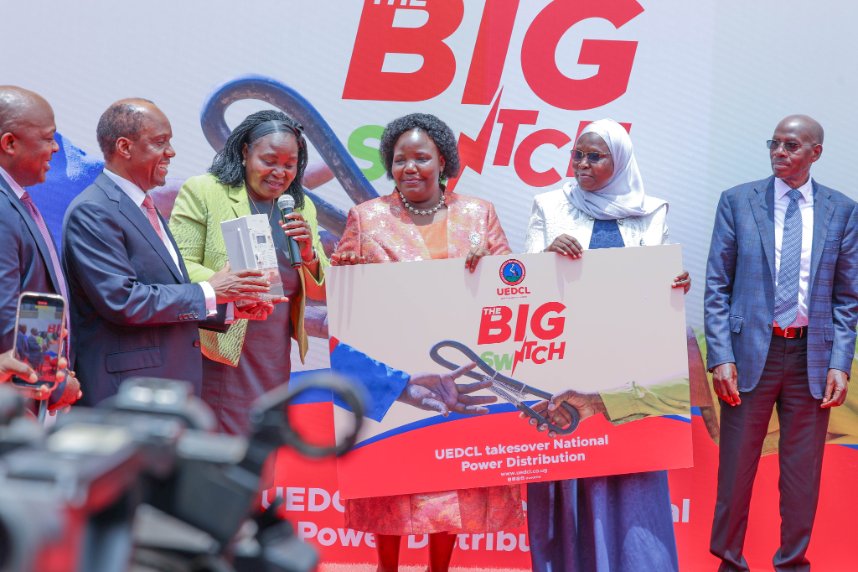
Looking to the future, UEDCL has set a target of 300,000 new electricity connections by the end of 2025.
“We have put the necessary mechanisms in place, and we are confident we will achieve this target. More than half of the required stock is already in our warehouse,” Mwesigwa said.












